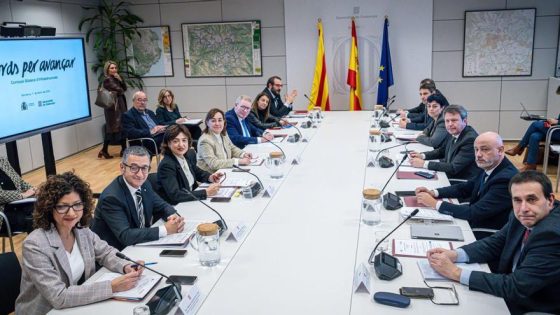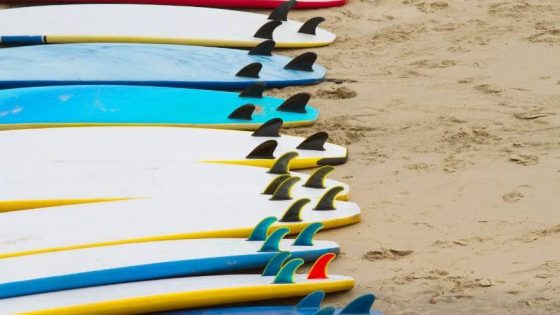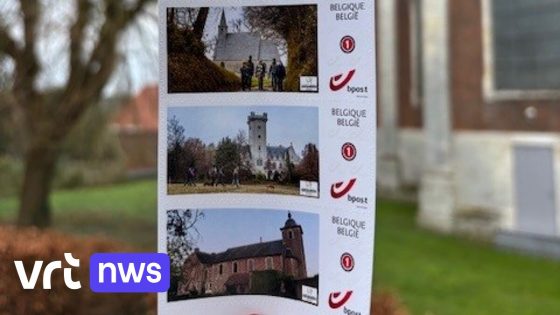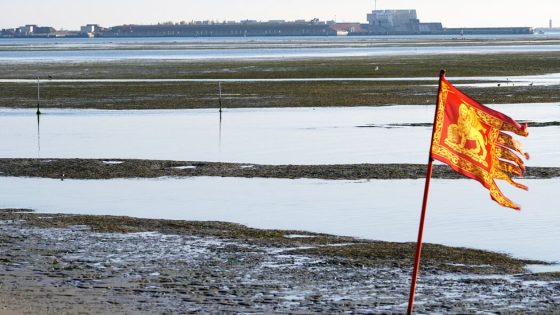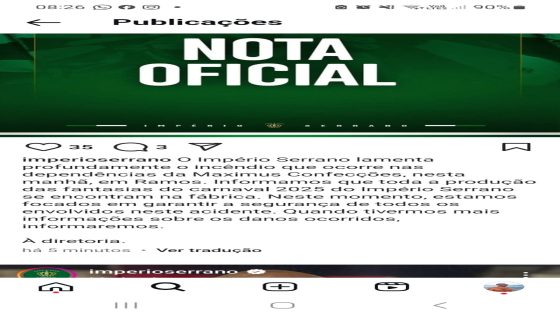The future mixed company managing Rodalies in Catalonia will have its statutes ready by March. This commitment was made during a bilateral infrastructure meeting between the Catalan government and the central government on February 17, 2025. With significant discussions surrounding railway management and infrastructure funding, can this new company enhance public transportation in Spain?
- Mixed company statutes for Rodalies ready next month
- Sílvia Paneque leads infrastructure meetings
- Workers' rights and transfers guaranteed
- R1 transfer delayed for three more months
- Priority projects outlined for 2026-2030
- N-2 improvement agreement for €384 million investment
New Mixed Company for Rodalies: What to Expect in March 2025
What changes will the new mixed company bring to Rodalies? The upcoming statutes are crucial for establishing a public railway service that aims to enhance connectivity and efficiency. With the Catalan government taking a leading role, the focus is on improving services and ensuring workers’ rights.
Key Developments in Rodalies Management and Infrastructure
Recent discussions have highlighted several important aspects regarding the future of Rodalies. The formation of the mixed company is just the beginning. Here are some key points that emerged from the meeting:
- Statutes for the new company will be ready by March 2025.
- Workers’ rights and job security are top priorities.
- Plans for transferring the R1 line to Catalan management are underway.
- Investment in infrastructure improvements is essential for future success.
Workers’ Rights and Job Security in the New Railway Model
Ensuring the rights of Renfe workers is a major concern as the new mixed company takes shape. The agreement guarantees that employees will retain their ability to request transfers within Spain. This is crucial for maintaining labor peace and preventing unrest among workers.
Infrastructure Improvements: What’s on the Agenda?
The meeting also addressed the need for infrastructure upgrades. Projects planned for completion by July 2025 include:
- Intermodal station in Tarragona.
- Duplication of the R3 line between Montcada and Parets del Vallès.
- Renovation of key stations like Vila-seca and Mataró.
Future of the R1 Line: Timeline and Expectations
The R1 line’s transfer to Catalan management is anticipated but will require additional time. A three-month extension has been granted to finalize the inventory of this line. The focus remains on ensuring safety and compliance with European standards before the transition occurs.
In conclusion, the establishment of the mixed company for Rodalies marks a significant step towards enhancing public transportation in Catalonia. With a focus on worker rights and infrastructure improvements, this initiative could set a precedent for future regional transport projects in Spain.



